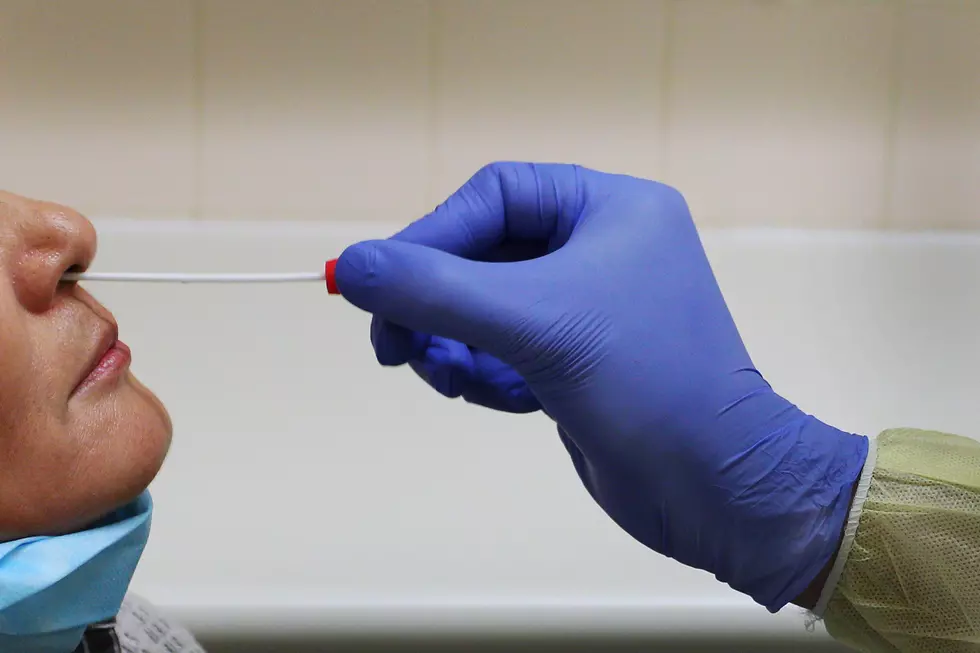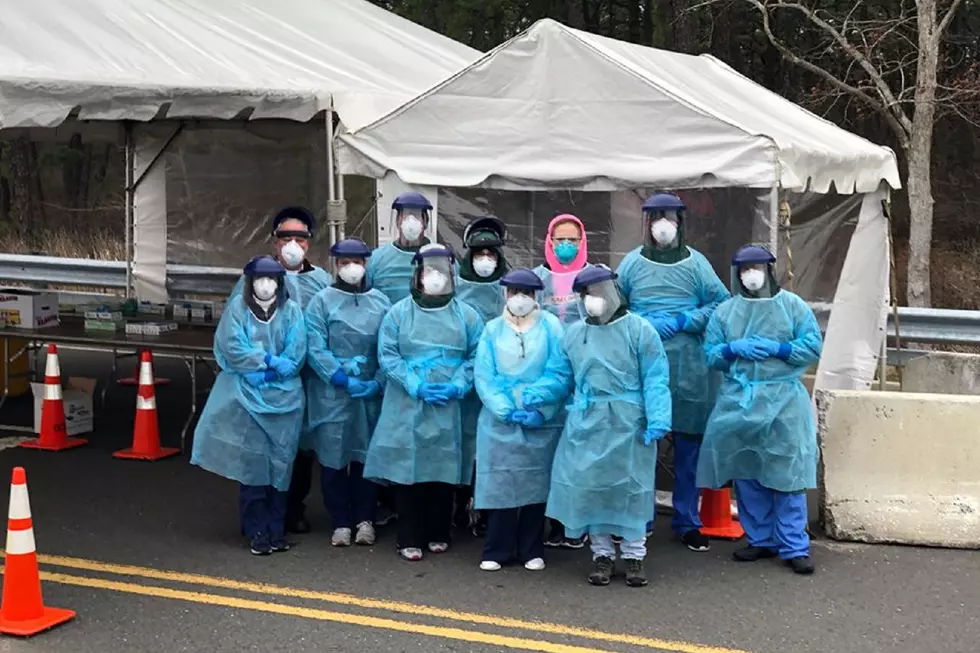Smartphone app could help detect mood disorders in teens
The teenage years can be difficult ones, especially for children dealing with anxiety, depression and peer pressure, but a new tool may soon be available to help teens navigate through these challenges.
Rutgers researchers have developed a smartphone app designed to monitor and evaluate moods and activities in real-time which would allow clinicians, school officials and parents to intervene if a child needs help.
The app, which started development in 2011, was first piloted in a small study of middle school students.
"With teenagers tethered to their smartphones and digital devices, we wanted to reach adolescents where they could be reached," said Dr. Brian Chu, associate professor in the Department of Clinical Psychology of the Graduate School of Applied and Professional Psychology at Rutgers University. "Everyone has moods that go up and down. We are looking to find the kids who are getting stuck."
Eight percent of teenagers ages 13 to 18 suffer from an anxiety disorder, according to the latest statistics from the National Institute of Mental Health. Eleven percent meet the criteria for a major depression and one in 12 teenagers have attempted suicide.
The app has two components; an electronic diary and a social sensing application, called Crowd ++. Teens check into the electronic diary and fill it out at random times during the day. The idea is to see if there are times when they feel like they can't get moving and can't get things accomplished. The app then asks questions about their mood, who they were with and what they were doing based on those feelings.
"If they are identified as being stuck, the app asks them further questions about what coping skills they used to try to get themselves out of it," Chu said. "It gives us good information about what kinds of coping strategies kids are using when they're feeling stuck, so we can learn which ones are better or worse."
So far, Chu has discovered that children who meet criteria for formal clinical anxiety and depression disorders differ in the number of times they feel stuck over the course of a week. While all teens feel the same range of emotions, the kids who are anxious or depressed will experience them much more intensely.
Yanyong Zhang, an associate professor in the Department of Electrical and Computer Engineering at Rutgers, who works with Chu, developed the second part of the app, which uses the microphone on smartphones and periodically monitors what social interaction teens are having. It searches the environment for different frequencies of voices. "Our idea was to analyze audio data to detect behavior, like physical activity, engagement and how many people are speaking in a room," she said.
Chu said the second part of the app can identify whether the child is talking and if there are others in the room when the child is speaking.
"The thinking was that kids who are depressed or anxious would be isolating themselves a lot and they may be doing it without their knowing. Ultimately, the idea is to detect when a child is withdrawing before they may even realize it themselves. By tracking how socially active they are, when we start to see changes, we would start to know that and intervene," Chu said.
In the future, Chu and Zhang would like to add a mobile "coping coach" that uses individual assessments to recommend strategies to manage stress and help change behavioral patterns. They are also collaborating with researchers at Rutgers' Environmental and Occupational Health Sciences Institute to develop wearable devices that would monitor biological markers, which may play a role in anxiety or depression.
Since the app is still being developed and studied, it's not available yet for public use.
More From 94.3 The Point










